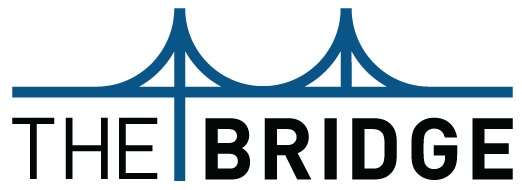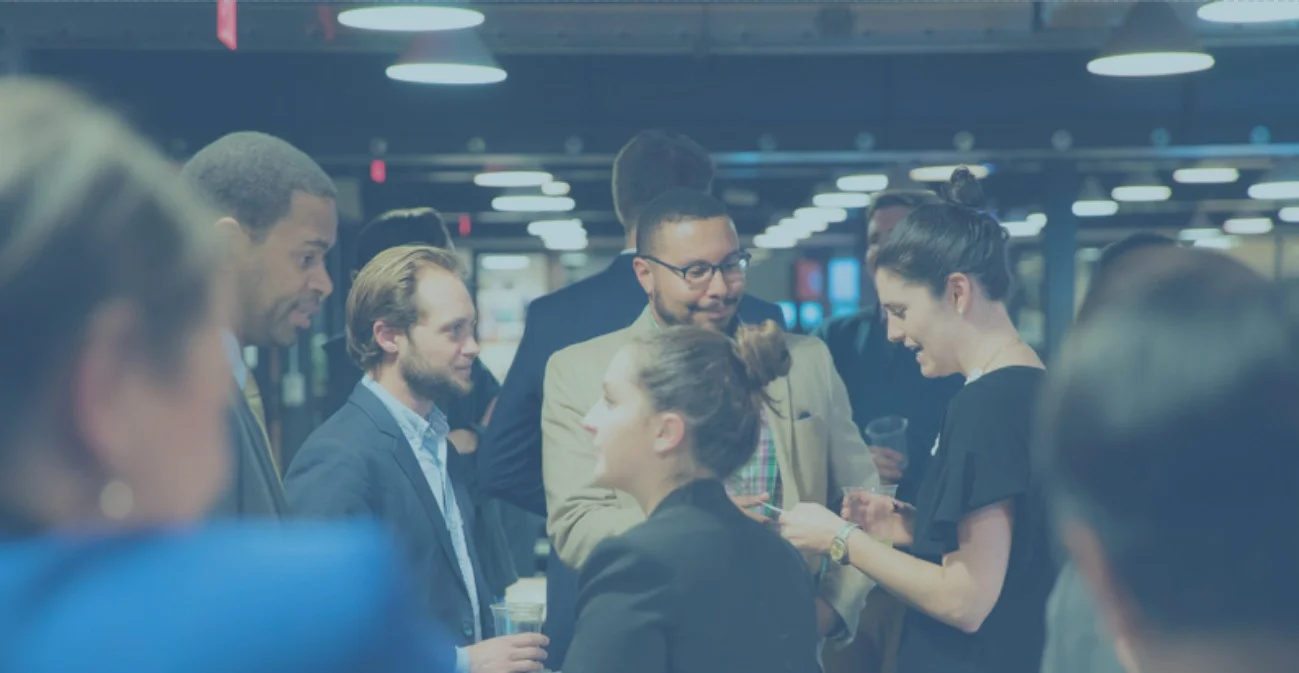TheBridge profile: Naeim Khanjani
Name: Naeim Khanjani
Current city: Washington, DC
Current job: CEO at Electo Analytics
Past job: Consultant
Q. How are you currently bridging the gap between innovation and regulation? At Electo Analytics, we understand the intricate dance between technological innovation and regulation. We help our clients expand their sphere of influence nationwide with access to influential policy makers and stakeholders alike at the federal, state and local level. Our platform holds a uniquely extensive local directory, allowing you to work on influencing policy from the grassroots and grasstops simultaneously. With our innovative tools, our clients can discover new insight from expert analysis, policy briefs and commentaries on major policy areas from leading think tanks, in addition to our other tools that help bring innovation to the regulatory tracking space.
Q. Job advice in three words? Never stop learning
Q. What can innovators learn from policymakers? Policymakers navigate complex systems and conflicting interests daily. Innovators can learn how to manage complex relationships, how to consider various perspectives, and how to create solutions that meet diverse needs.
Policies often consider long-term consequences and societal impacts. Innovators can learn to think beyond the immediate implications of their products or services and instead focus on long-term sustainability and impact.
Policymakers often grapple with ethical issues and are charged with creating regulations that balance competing interests while promoting fairness. Innovators can learn to incorporate ethical considerations into the design and implementation of their technologies.
Policymakers are adept at engaging with a wide range of stakeholders. This skill can be invaluable for innovators in understanding the needs, desires, and concerns of those who will be affected by their innovation.
Understanding the regulatory landscape is crucial for successful innovation. Policymakers can provide insights into existing regulations, potential future changes, and how to navigate these complex systems effectively.
In essence, innovators can gain insights into the broader societal context in which they operate by learning from policymakers, thus creating more sustainable, impactful, and successful innovations.
Q. What can policymakers learn from innovators?
Innovators thrive on change and disruption, using it as a springboard for new ideas. Policymakers can learn from this adaptability, staying flexible and responsive to the changing needs and conditions of society.
Innovators often adopt a mindset of rapid prototyping and iterative learning. Policymakers can also benefit from this approach, testing policies on a small scale, learning from the outcomes, and then iterating before a full-scale rollout.
Innovators are at the forefront of technological advancements, utilizing the latest tools and solutions. Policymakers can learn to better leverage technology to improve efficiency, communication, and policy implementation.
Innovators aren't afraid to take calculated risks, understanding that failure is often a step on the path to success. Policymakers can also learn to take calculated risks, pushing the envelope on what's possible to achieve better outcomes for society.
Innovators excel at thinking outside the box and coming up with novel solutions. Policymakers can benefit from this creative mindset, considering non-traditional approaches to address complex policy issues.
By adopting some of these practices from innovators, policymakers can create more effective, responsive, and forward-thinking policies.
Q. Is there a skill that you’ve carried throughout your career that has always proven to be valuable? The ability to 'speak both languages' (understanding business, tech and the policy world) has not only allowed me to lead and participate in diverse teams effectively, but also to serve as a liaison between tech experts and non-tech stakeholders. In a world that's becoming increasingly tech-centric, this skill is invaluable in ensuring that technology is leveraged in a way that meets human needs and is aligned with business or policy objectives.
Q. What is the best job interview question you’ve been asked? “If you could only read one book for the rest of your life, what would it be?’
Q. Favorite spot for a coffee meeting? Tatte Bakery
Q. Favorite podcast? All-In with Chamath, Jason, Sacks & Friedberg
Q. Why are you part of TheBridge community? I want to be part of TheBridge community to engage with like-minded individuals who share a passion for policy, strategy, and finding innovative ways to use tools for both.
Q. Every day is probably different, but are there certain skills you think are essential to your job? Effective communication
Q. Most underrated virtue in an employee? Humility
Q. If you had to live in another city, which would it be? Miami
Q. Favorite app? Google Maps or WhatsApp
Q. How do you unwind after work? Spending quality time with my family


